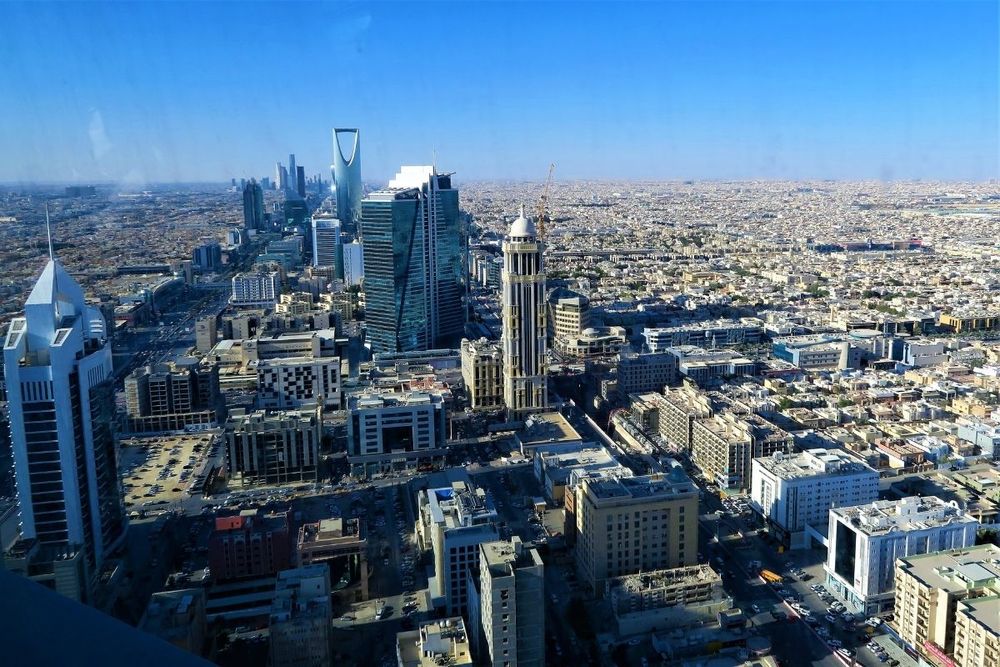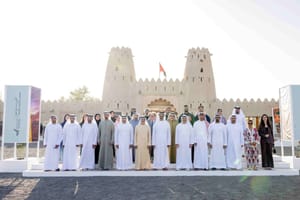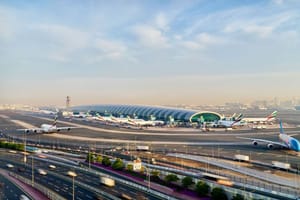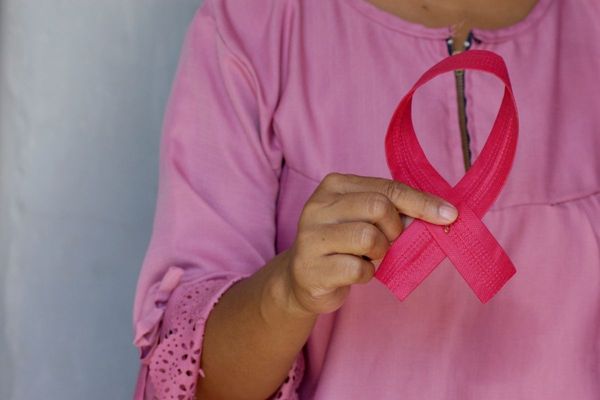Princess Haifa bin Mohammed, assistant minister of the Tourism Ministry in Saudi Arabia, has clarified the kingdom’s stance when it comes to the consumption of alcohol.
“The short answer is that we are going to continue with our current laws,”
said Princess Haifa while speaking at a panel discussion at the World Economic Forum in Davos this week.
The possession and consumption of alcohol is currently banned within the kingdom.
Princess Haifa said:
“Saudi Arabia has been very transparent on where it stands with everything. We were very clear.
“We have been doing very well and we have been competing. We have actually been outperforming globally when it comes to tourism with what we have to offer today.”
The remarks were made during a session titled Kingdom of Saudi Arabia: A Future Vision.
The panel’s participants, apart from Princess Haifa, included Khalid bin Abdulaziz Al-Falih, Saudi’s Minister of Investment; Minister of Finance, Mohammed bin Abdullah Al-Jadaan; Minister of Communications and Information Technology, Abdullah bin Amer Al-Sawaha; Faisal bin Fadel Al-Ibrahim, the Minister of Economy and Planning.
The clarification about the consumption of alcohol came after media reports earlier this month suggested that the topic of alcohol consumption was not completely off the table within one of the kingdom’s prominent giga projects.
Saudi moved up 10 places to 33rd in the world overall in the 2021 World Economic Forum (WEF) Travel and Tourism Development Index released this week at Davos.
The independent index benchmarked 117 countries on 17 pillars fundamental to the development and resilience of their travel and tourism industries.
Saudi moved from 43rd in 2019 to 33rd in 2021, the second largest rise in rankings.
In 2019, Saudi Arabia launched the National Tourism Strategy, a clear plan to drive forward the aims of Vision 2030.
The strategy aims to increase the contribution of the tourism sector to 10 per cent of GDP, create 1 million new jobs, and attract 100 million local and international visits annually by 2030.
News Source: Gulf Business









